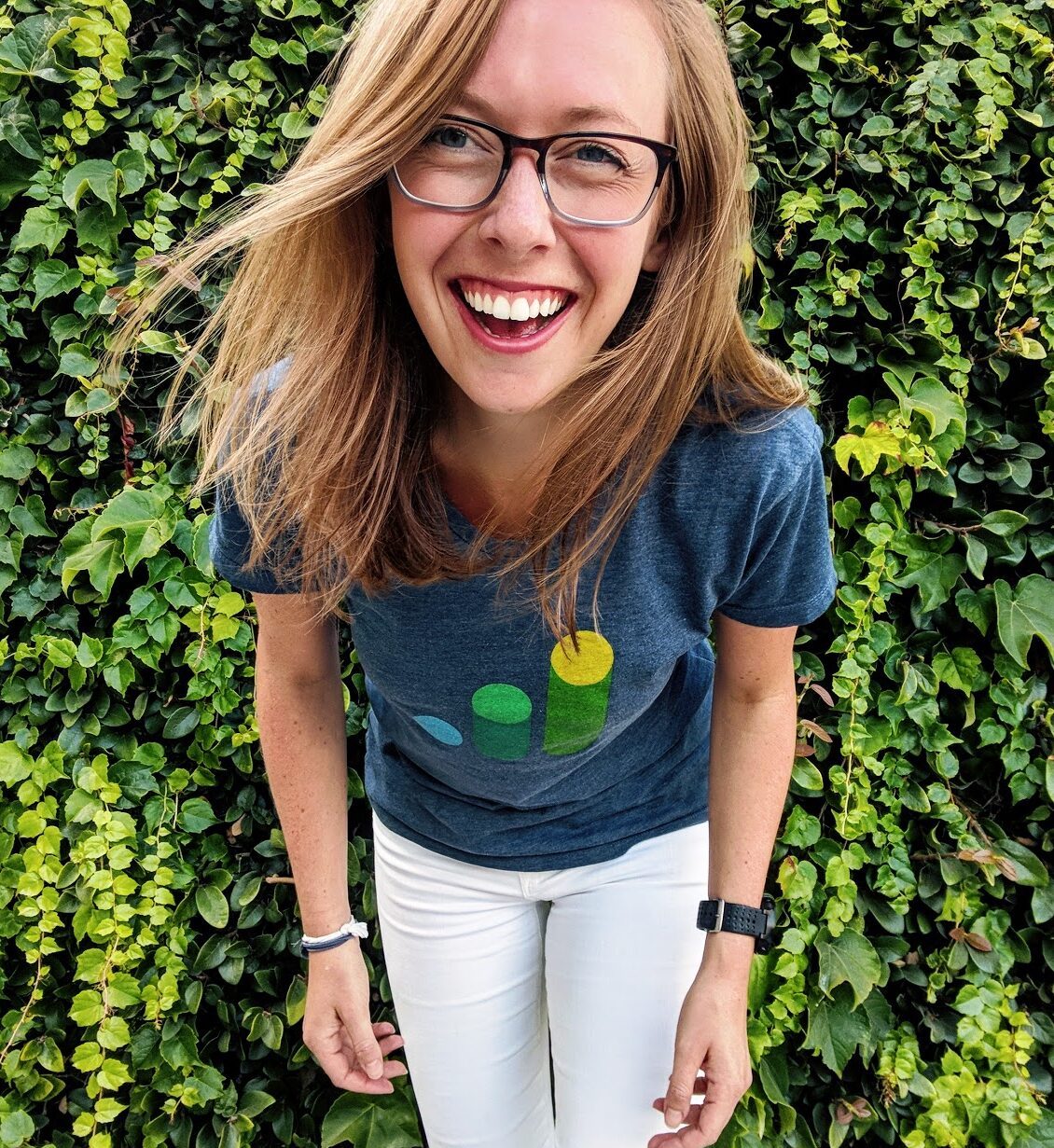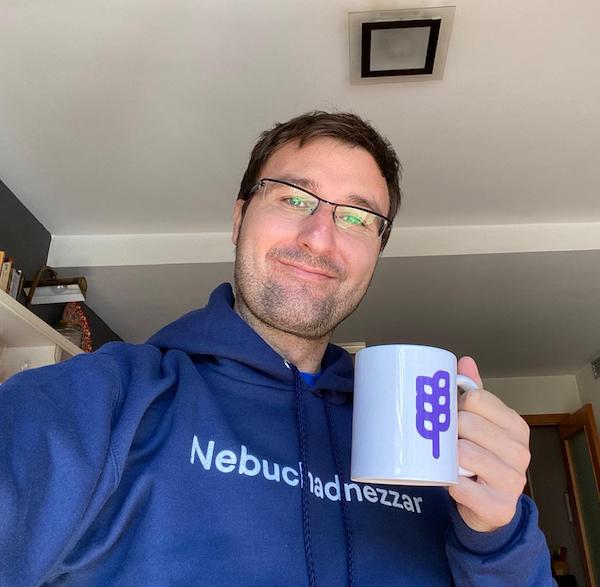Why One Mentor Isn’t Always the Answer: The Power of Multiple Expert Voices
Luke Skywalker had Yoda. Steve Jobs had Mike Markkula. Bill Gates had Warren Buffett.
The single mentor-mentee relationship is deeply embedded in our cultural narrative. From ancient Greek philosophy to modern startup folklore, we’ve romanticized the idea of finding that one perfect guide who will lead us to success.
But here’s the thing: this isn’t Star Wars, and you’re not Luke Skywalker.
In the real world of business, marketing, and entrepreneurship, the challenges you face are too diverse, too complex, and too specialized for any single person to master them all. And frankly, expecting one mentor to be your Swiss Army knife of wisdom isn’t fair to them—or to you.
As solopreneuer Johanna put it: “I feel like I’ve got a secret arsenal for help for when I need it, it’s comforting… GrowthMentor makes it fun to get stuck. Because when I am, I know there is someone to help me out getting unstuck.”
The Problem with the One-Mentor Model
Let’s paint a realistic picture. You’re a founder, and in a single week you might need guidance on:
- Website conversion optimization that needs deep UX and psychology expertise
- Marketing strategy for a channel you’ve never used before
- Team building as you scale from 5 to 15 employees
- Mental health and dealing with founder burnout
- Fundraising for your Series A round
Now imagine asking one mentor to seamlessly switch between these vastly different domains. Even if they have surface-level knowledge in each area, are you really getting the best possible advice?
More importantly, you’re asking them to do major mental gear shifts between technical problem-solving and startup founder therapy. That’s a lot to put on one person—and it’s not setting either of you up for success.
Myriam Mena shared: “Solo founding is a very lonely path and marketing is a very new field to me. It is highly valuable for me to be able to brainstorm about the challenges with people who have a true accurate say about how to move forward.”
The Expert-Per-Challenge Approach
Instead of searching for your business Yoda, what if you could tap into a network of specialists?
Let’s look at real examples from our platform. Take Sarah, a SaaS founder who used GrowthMentor across three months:
Month 1: She needed help validating product-market fit, so she spoke with a product strategy expert who’d launched 12 successful SaaS products. The same week, she had technical architecture questions and connected with a former CTO who’d scaled systems to millions of users.
Month 2: As her product gained traction, Sarah needed a go-to-market strategy. She spoke with a GTM specialist who’d helped 50+ startups launch. When it came time to hire her first salesperson, she got advice from a sales leadership expert who’d built teams at three unicorns.
Month 3: With initial sales coming in, Sarah needed to scale her marketing. She connected with a PPC expert who’d managed $10M+ in ad spend, then spoke with a fundraising advisor when investors started showing interest.
Each conversation was laser-focused. Each mentor brought deep, specialized expertise. And Sarah got to cherry-pick the exact knowledge she needed, when she needed it.
Why Multiple Mentors Beat One
Looking at thousands of help requests on our platform, we see the same pattern repeatedly:
1. Specialized Expertise Wins Every Time
A growth marketing expert who’s scaled 20+ SaaS companies will give you insights that a generalist simply can’t. When someone posted: “Need help with Facebook Ads for B2B SaaS – my CPC is 3x higher than benchmarks” – they needed someone who understood both Facebook’s algorithm nuances AND B2B buying cycles. That’s incredibly specific expertise.
2. Fresh Perspectives Prevent Tunnel Vision
We’ve seen founders get completely different approaches from different mentors for the same challenge. One recent request about “improving conversion rates for our landing page” led to discussions with:
- A copywriting expert who focused on messaging
- A UX designer who identified navigation issues
- A conversion psychologist who suggested social proof changes
Each brought a unique lens that the founder wouldn’t have discovered with just one perspective.
3. No Single Point of Failure
Just this month, someone posted: “My mentor just got acquired and doesn’t have time anymore – need help with our Series A prep ASAP.” With multiple mentors, you always have options.
4. Faster Problem-Solving
Instead of waiting for your one mentor to research areas outside their expertise, you can immediately connect with someone who lives and breathes that specific challenge. When someone needed help with “GDPR compliance for our email marketing”, they didn’t need a generalist to figure it out – they needed a specialist who’d handled it 50 times before.
Annie Chen, a marketer, perfectly captured this: “When I’m stuck at something, I know I’d always have a group of experts to turn to and discuss my problems with. It’s really reassuring.”
5. Networking Effect
Different mentors mean different networks. We regularly see mentors making introductions that lead to partnerships, hiring, or even investment opportunities.
As founder Sharmaine Tan noted: “The team has been very supportive when I’ve asked (i.e. my alpha test), and have offered to help numerous times (i.e. marketing opportunities, to connect with others).”
But What About Deep Relationships?
“But wait,” you might be thinking, “doesn’t bouncing between mentors prevent the deep, meaningful relationships that drive real growth?”
Fair question. And here’s the truth from what we see on our platform: you can have both.
Look at Marcus, a marketing manager whose journey shows this perfectly:
Month 1: He needed immediate help optimizing Facebook Ads (spoke with a Facebook specialist), setting up proper attribution (connected with an analytics expert), and allocating his limited budget (got advice from a performance marketing strategist).
Month 2: As his results improved, he started thinking bigger picture – expanding his team (spoke with a marketing ops leader), developing content strategy (connected with a content strategist), and setting up better email automation (got help from an email expert).
Month 3: With his marketing machine humming, Marcus shifted focus to his own growth – building his personal brand (worked with a personal branding expert), planning his career advancement (spoke with a career coach), and improving his leadership skills (connected with a leadership mentor).
The multiple-mentor approach doesn’t preclude building deeper relationships with mentors who truly click with you. When Marcus found that his conversation with the career coach really resonated, he scheduled follow-up calls over several months.
The difference is that Marcus wasn’t artificially limiting himself to just one person from the start. He created space for natural chemistry to develop while ensuring he always had access to the right expertise for each challenge.
Seasoned entrepreneur Tela Andrews shared: “Every mentor I’ve spoken with has helped with ideas, but also introductions, connections and offered to help with tactics. It’s the consistent micro-support along the entire way that stands out, rather than just one specific situation where GrowthMentor has helped. The overall effect is that I’m both a better leader and a more focused co-founder.”
The Give-First Philosophy
Here’s what makes this approach even more powerful: when mentors specialize in helping with specific challenges, they’re genuinely excited to share their knowledge. They’re not being asked to stretch beyond their expertise or fake knowledge they don’t have.
This is why 85% of mentors on GrowthMentor don’t charge extra fees. They’re passionate about their area of expertise and want to help others succeed in that domain. It’s not about money—it’s about the joy of sharing knowledge they’ve spent years developing.
Stephen Blanchet beautifully put it: “Growth Mentor has taken me out of the darkness and into the light. It is a place where I can get great honest advice from someone who is not just selling a course or consultation time. One of the worst things about the internet is everyone can be an expert, and before you know it hundreds of dollars have been spent on useless information. Growth Mentor is a safe place to find great business ideas from sincere experts in their fields.”
Making the Transition
If you’ve been searching for your perfect mentor match, consider reframing the question. Instead of asking “Who can help me with everything?” ask “Who can help me with this specific challenge I’m facing right now?”
Here are some real examples from our platform of how this shift in thinking opens up possibilities:
Instead of: “I need a business mentor”
Try: “I need help optimizing my Google Ads for lead generation” (connect with a PPC specialist who’s managed $5M+ in ad spend)
Instead of: “I need someone to help me grow my startup”
Try: “I need to validate my pricing strategy for a B2B SaaS” (speak with someone who’s done pricing for 20+ SaaS companies)
Instead of: “I need general marketing advice”
Try: “I need help setting up marketing automation for my trial-to-paid funnel” (talk to someone who’s built conversion funnels for 100+ companies)
We see this pattern constantly in our help requests – the more specific the ask, the better the outcome. Someone who posted “Help validate whether I should continue working on a current business idea” got much more actionable advice than generic business guidance ever could provide.
This shift from broad to specific doesn’t just get you better advice—it builds confidence.
As Lena Sesardic explained: “GrowthMentor has helped me feel more confident in my skills and my decisions. Knowing I can always book a call to help me clarify what I’m doing is the best feeling in the world. GM mentors don’t just tell you what to do — they help you figure it out together. Leaving you feeling like you can solve further problems on your own, too.”
The Bottom Line
The mentor-mentee relationship is powerful, but it doesn’t have to be exclusive. In fact, looking at the most successful entrepreneurs and marketers on our platform, they treat mentorship like a buffet rather than a fixed menu—they take what they need from each conversation and apply it to their unique situation.
Your business challenges are multifaceted and specialized. Your mentorship approach should be too.
After all, you wouldn’t hire one person to be your developer, marketer, accountant, and therapist. Why limit yourself to one mentor for guidance across all these areas?
The future of mentorship isn’t about finding your Yoda—it’s about building your Jedi Council. And with 700+ specialized mentors covering everything from Facebook Ads to fundraising, from team building to technical architecture, you can get the exact expertise you need, exactly when you need it.
Most importantly, with 85% of our mentors offering free sessions, this specialized expertise is accessible regardless of your budget. Because the best advice shouldn’t be locked behind price barriers—it should be available to anyone willing to ask the right questions.



